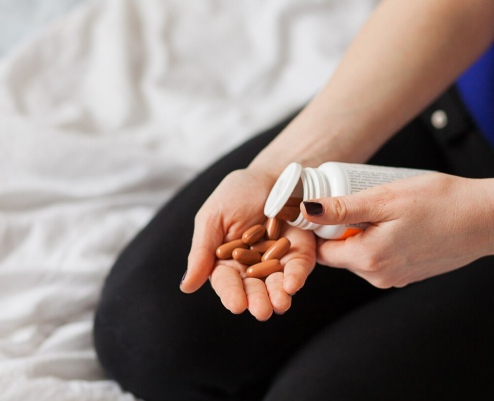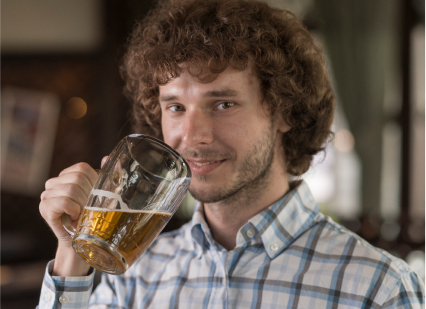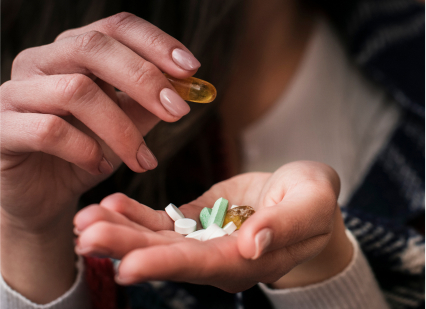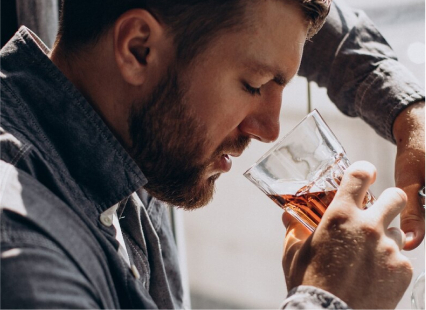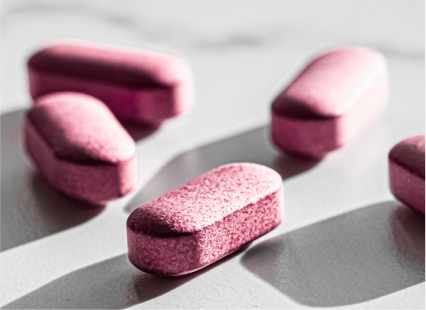Whether still in the womb or 25 and living on your own, children are forever impacted by their parents. They are our DNA, they help us formulate thoughts and opinions, teach us right from wrong, and teach us how to give and receive love. However, drugs and alcohol can completely alter the lives of children who have addicted parents. According to The National Institute on Drug Abuse, an astounding 25% of children grow up in a home with substance abuse. These children are more likely to:
- Struggle with their performance in school
- Display emotional and behavioral issues
- Have a low self-esteem
- Experience abuse (physical, verbal, or sexual)
- Develop a mental health disorder such as anxiety or depression
- Start using drugs or alcohol earlier
- Develop a substance use disorder or addiction
It is important to understand that addiction is a complex disease that can take a stronghold on anyone, even a parent. However, this does not mean that the parent loves their child any less or that they don’t still want to do good for their children. In fact, children can be instrumental and influential when it comes to getting a parent into recovery. Still, children cannot be expected to know everything or to get help for their parents on their own. The good news is that there are a number of different resources available to children of addicted parents.
How Addiction Reverses the Parent/Child Roles
In a healthy home, the parents are the providers, the caregivers, and the leaders. They take care of the children by providing shelter, food, clothing, love, and support. When a parent is controlled by their addiction, these roles may reverse and the child takes on the responsibility of the parent (often without even realizing). Some examples of how this manifests include a child:
- taking on a part-time job or dropping out of school to work and pay the household bills
- caring for younger siblings
- preparing most meals
- going grocery shopping or running other errands
Needing to take on responsibilities can take a toll on the child and severely affect the parent-child relationship on an emotional level. From listening to inappropriate stories and canceling plans with friends, the child may think that it is their responsibility to help their parents overcome feelings of isolation, depression, and anxiety. Some children end up claiming responsibility for their parent’s substance abuse, something that the parent really needs to take responsibility for. In reality, helping someone in this way can be a lot for anyone, even a full-grown, sober adult. These types of mental health issues should be addressed with the help of professionally trained mental health providers.
Tips for Helping Yourself
- Identify an adult who you trust and who you can confide in. Everyone needs someone that they can talk to. Consider teachers, coaches, family members, a pastor, or someone else in your community.
- Write your thoughts and feelings in a journal. In today’s modern age, a blog platform may be preferred.
- Find activities that bring joy and happiness to your life. It may be sports, volunteering, performing, coding, or even just crafting.
- Don’t isolate yourself. Build your own support system and keep close friends who make you happy and confident.
- Make a crisis plan. Who will you call and where will you go in the event of an emergency. It is easier to react and cope when a plan is already established.
- Always. Always. Always. Remember it’s not your fault. We are responsible for our own actions, and you cannot control what your parents choose.
Resources for Children of Addicted Parents
Al-aTeen
Similar to alcoholics anonymous, Al-Anon is an organization of support groups for family members of addicts. Al-aTeen meetings are specifically for teenagers whose parents are addicts. These support groups provide a safe space to share stories and experiences with others who have gone through similar experiences.
NACoA
The National Association for Children of Addiction is an organization that helps support families of addiction by providing resources and information. For example, their 12 Step for Kids.
Rainbow Days
This organization offers a Curriculum-Based Support Group (CBSG) Program for individuals between the ages of 4 and 17 whose situation has put them at risk for future behavioral and health problems.
FindRecovery
A online resource that teens can use to find a treatment facility, AA meeting, or NA meeting for their parent.
